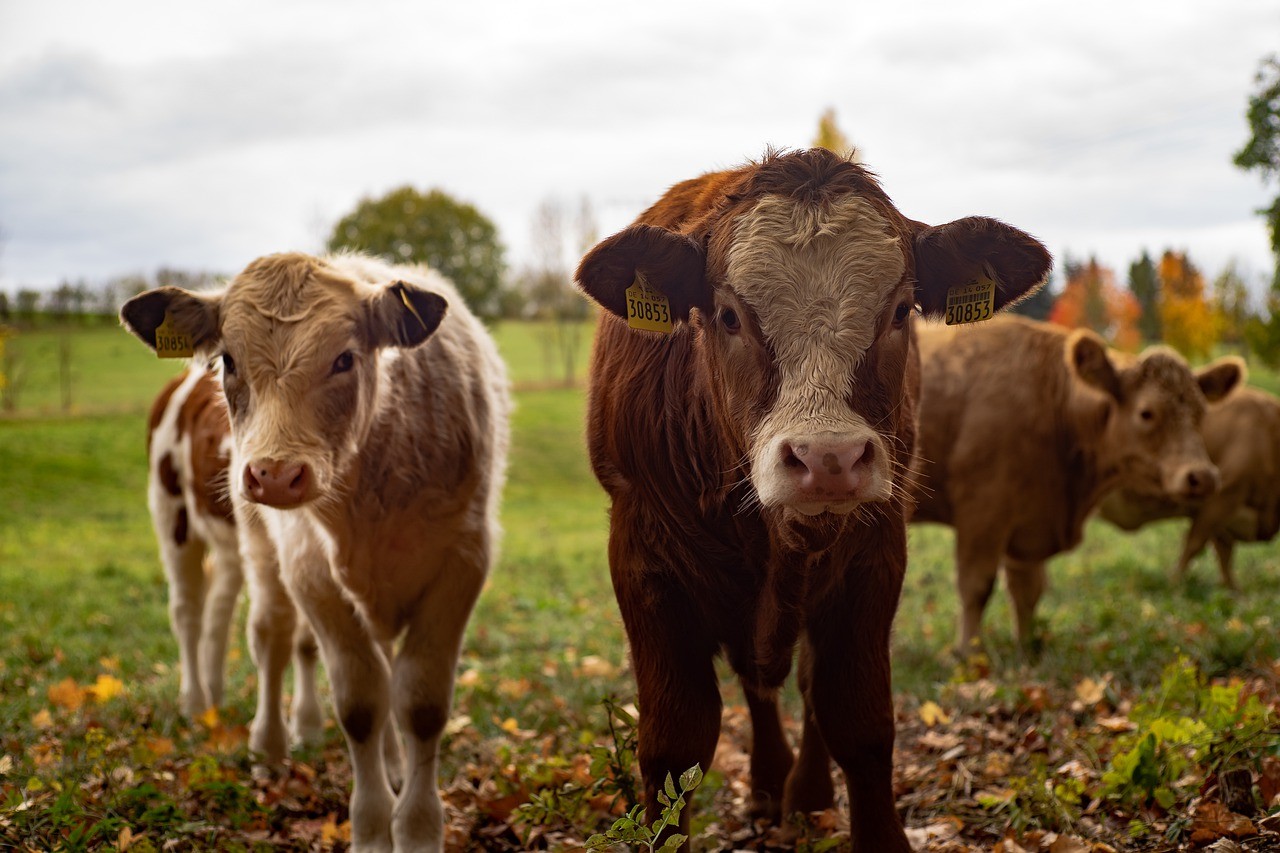
Cattle ranching has the greatest impact on Amazon deforestation in Brazil. As discussed in the story above, approximately 75 million hectares have been deforested for this purpose in the Brazilian Amazon.
Demand for Brazilian beef comes from both domestic and foreign markets. Brazil has positioned itself as the largest exporter of beef in the world. In 2018, the beef industry shipped 1.64 million tonnes to foreign countries, with China and the Middle East as top buyers. Many Brazilian retailers’ source, directly or indirectly, from slaughterhouses in the Amazon where high levels of deforestation occurred.
In a new Earthsight investigation, researchers found how scandal-hit Brazilian firm JBS, the world’s largest beef producer, is supplying UK and European supermarkets with corned beef products for their own brand products as well as via UK firm, Princes, the Lebanese owned Exeter brand and Italian brand Simmenthal.
JBS courted controversies in 2017 for complicity in modern-day slavery, corruption and illegal deforestation charges. There are ongoing controversies surrounding JBS until the present day. As of 2018, JBS has not yet been successful in implementing traceability processes amongst its indirect suppliers. And according to a separate report released this year, JBS had bought cattle from two farms fined repeatedly for illegal deforestation.
UK retailers such as Morrisons, Lidl, Sainsbury’s, and Asda buy Brazilian corned beef sourced from JBS. JBS’s corned beef imports to the UK reached an estimated £42 million last year (2018), almost 25 per cent rise compared to the previous year.
Italian brand Simmenthal uses JBS for its tinned products in supermarkets nationwide including in French Carrefour. Its maker, Bolton Alimentari imported 2,600 tonnes last year, making them JBS’s third-largest European importer. According to Earthsight report, European retailers buying practices are amplifying forest destruction in the Amazon.
You can read more about beef risk assessments in Brazil on NEPCon Sourcing Hub. The beef risk profile covers the main environmental, social and legality risks. You can also find tools to help you mitigate risks for Brazilian beef supply chains.





